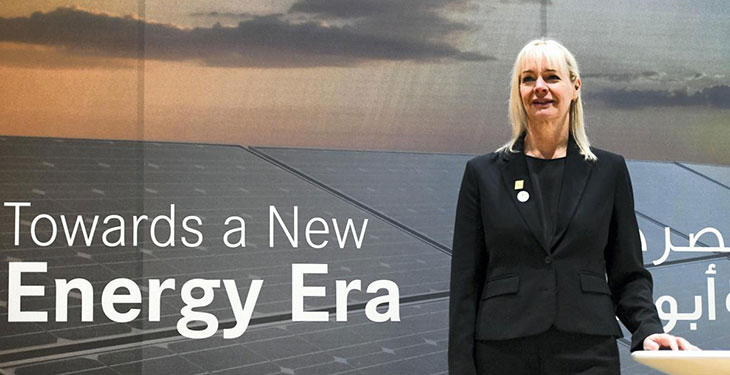Bogdan Tudorache
The crisis generated by Coronavirus has affected all sectors, but not equally, says Angela Wilkinson, Secretary General & CEO of World Energy Council, at Foren 2020.
The Coronavirus crisis has affected all sectors, in all regions, about 10 times more than the financial crisis of 2008. The recovery will lead to the largest global reallocation of capital in history: the stake is of hundreds of trillions of dollars. Recovery policies are still under development, and the world will no longer be the same, Wilkinson said.
“The most important answer is to put people first. The global energy transition will not be easy after the crisis,” she said.
The global society will not return to the previous status quo, but will re-establish itself on a new, stronger basis.
“The crisis has placed a new emphasis on resilience, which extends to and includes people, communities and supply chains, as well as extreme weather scenarios and cyber risks.”
There are thus four development scenarios for 2024, called Rewind, Pause, Fast-Foreward and Re-Record.
”Each scenario explores how uncertainties about ambition, confidence and the ability to respond to the virus can combine and affect recovery. We used these scenarios to create the world’s first Energy Transition Radar, which we will launch later this month. Radar detects real-time signals from the world and shows how recovery plans affect the pace and direction of the global energy transition and the implications for regional and national transitions. We are now preparing a new investment tool to be applied to the global reallocation of capital and new opportunities,” she added. Decarbonisation, digitalization, decentralization and disruptive demand-side transformation are the new indicators pursued.
“Value migrates closer to the final consumer and we are at a time when we need to put the consumer in the spotlight in the future. To ensure recovery and transformation, we need to ensure better energy cooperation with other sectors. We need to work together to develop systems that produce more energy and less carbon and build socially sustainable systems to achieve emission neutrality,” added Wilkinson.
